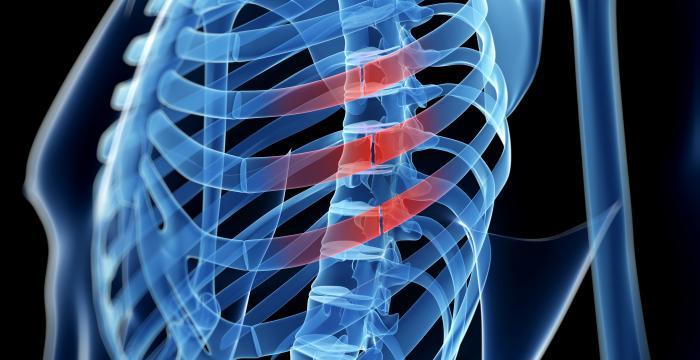In 2016, 13,000 patients in England alone presented with chest injuries due to moderate or severe trauma. Rib fractures as a result of chest injury directly compromises breathing, commonly leading to ICU admission, pneumonia and even death. Most patients currently receive supportive care consisting of pain management, physiotherapy, assisted ventilation (if necessary) and daily multidisciplinary review. However, in recent years, there has been growing use of surgical rib fixation with plates and screws. Between 2014 and 2015, there was a 320% increase in rib fixations - despite the lack of rigorous evidence. Population data from the Trauma Audit & Research Network (TARN) suggests a marked decrease in mortality in the more severely injured, as well as quicker recovery and better health outcomes.
Management of patients with chest wall injuries represents a major financial and social burden to the NHS. Patients managed on ICUs require specialist nursing and ventilatory support and rehabilitation can be long.
The ORiF Study aims to establish if operative rib fixation, when given in addition to supportive management, reduces mortality and/or increases quality of life in patients who experience chest wall trauma.







